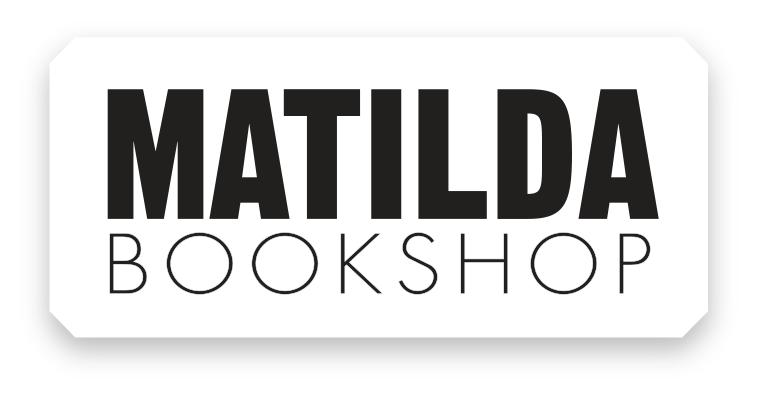
Melissa Lucashenko is a Goorie (Aboriginal) author of Bundjalung and European heritage. Her first novel was published in 1997 and since then her work has received acclaim in many literary awards. Killing Darcy won the Royal Blind Society Award and was shortlisted for an Aurealis award. Her sixth novel, Too Much Lip, won the 2019 Miles Franklin Literary Award and the Queensland Premier’s Award for a work of State Significance. It was also shortlisted for the Prime Minister’s Literary Award for Fiction, the Stella Prize, two Victorian Premier’s Literary Awards, two Queensland Literary Awards and two NSW Premier’s Literary Awards. Melissa is a Walkley Award winner for her non-fiction, and a founding member of human rights organisation Sisters Inside. She writes about ordinary Australians and the extraordinary lives they lead. Her latest book is Edenglassie.
Why do you tell stories?
To understand the world. To help people feel less alone. To grow hope.
Describe Edenglassie in one (or two) sentence(s)
Edenglassie is an Aboriginal love story set one generation after colonisation. It’s about the possibilities which existed for Aboriginal people then, and about paths not taken.
In what ways was Edenglassie a response to your past books or writing experiences?
Edenglassie builds on Too Much Lip and Mullumbimby in that it shows Aboriginal people as alive and vibrant, able to love and laugh together, as all people do. In this latest novel though, I delve into the historical era and show my characters responding to colonial events with courage, flexibility and intelligence. And even humour, at times. I also give a large role to an Aboriginal centenarian, Granny Eddie, who is a kind of moral force in the book, though a pretty cranky one!
Granny Eddie narrates in a way not confined by temporal or geographical bounds, reflecting the way that the past is entangled with the present and future. What response do you hope to evoke from a reader by doing this?
I wanted to convey an indigenous perspective of events, which is that of collapsed time, where past, present and future are very blurred. The narrative in the novel is clear, I hope, but like many of us, Granny Eddie slips and slides easily between the centuries. She’s in hospital, temporarily blinded after a fall, which adds to the feeling of dislocation. She’s visited by ghosts of her past, and annoyed because they keep bothering her and ‘talking in riddles.’ I wanted a character who was lovable, but also deeply unreliable.
Winona and Granny Eddie grapple with their history in different ways, disagreeing constantly, yet still fiercely connected. Can you tell us more about their relationship, and how it came to be?
Winona doesn’t know Granny Eddie very well at the beginning of the book, but she brings in her Granny’s beloved walking stick which was misplaced after her fall. In this way Winona represents a means of returning power to Granny Eddie. They grow close when Winona realises that it’s up to her to make sure her hospitalised grandmother has company and care. And in the process learns that she doesn’t know as much about being Goorie – Aboriginal – as she thought she did.
You speak about ‘paths not taken’. If you’d not become an author, what path would you like to have wandered down?
I often have fantasies of working with horses, training and riding good quality horses. I was offered a job as a racehorse strapper at seventeen but didn’t end up doing it, or things might have been very different.
Where and when do you write?
Mostly I write in a recliner – I have a bad back and can’t sit at a desk - in my study at home in Brisbane. Sometimes above the bookstore at Avid Reader in West End. And occasionally in the bush at an unpowered shack in the Border Ranges, surrounded by whip birds and goannas. The last is my preference, but I have to keep driving to town for electricity each day which is a nuisance. So it’s easier to just read and think in the shack, and write in Brisbane.
What are three things that sustain you as an author, or while you’re writing?
Cups of tea – I run on massive amounts of caffeine, but always tea, not coffee. Other novelist’s work. And country music. I’d be lost without Hank and Willie.
Name three books that you couldn’t live without, or that were crucial to your writing of Edenglassie.
Lincoln in the Bardo encouraged me to be playful with multiple voices from history. The Reminiscences of Tom Petrie, his memoir, took me straight into 1855 and sparked my imagination. And Thea Astley’s Its Raining in Mango was a kind of touchstone as well.
What books are on your to-be-read pile?
I’ve just begun Ulverton, a fascinating novel spanning three hundred years in an English village, written in the style of each historic era. The older I get, the more interested I become in the long sweep of history. How people have always lived with the glory and tragedy of being human. I might go and reread Beloved, I think.


